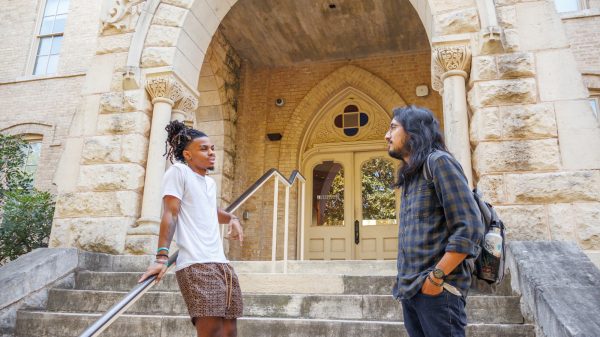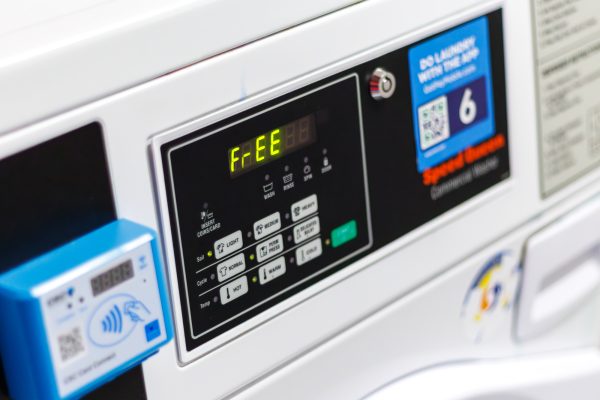Snapchat users misuse app, Snapsaved site exposes photos
Snapchat is great, for the reason that you can make a terrible, disgusting face knowing that within one to ten seconds, that photo will be gone and never seen again. That is, until it is seen again.
On Oct. 10, users were given a rude awakening after the third-party app Snapsaved.com released nearly 13GB of private Snapchats onto 4Chan. During “the Snappening,” developers of Snapsaved.com reveal that user photos were stolen; other’s claim that the site’s administrator gave access to hackers.
“This isn’t Snapchat’s fault. It was the third-party that was storing them on their servers, which got hacked,” said David Altounian, professor in the Digital Media Management program.
“This is one of the issues with the third-party system: you get third-party applications that give access to the main site, but are working outside (Snapchat) actually, but just interacting with it. Those [third-party apps] become vulnerable points.”
The site Snapsaved.com allows people to log in using their Snapchat username and password to offer desktop-based rather than handset-based access to the app, as well as a chance to store photos which are meant to be deleted right after being seen.
Sophomore Zac Silverman finds the idea disturbing.
“People use Snapchat thinking that these photos will be deleted in an instant, and people have been taking advantage of that fact and misuse the app. It goes to show that nothing is ever truly confidential,” Silverman said.
An unnamed spokesman for the Snapsaved site said that “as soon as we discovered the breach in our systems, we immediately deleted the entire website and the database associated with it.”
As far as Snapsaved can tell, “the breach has effected 500MB of images, and 0 personal information from the database” said the spokesman.
However, a rebuttal comes from another anonymous claim, stating that the administrator of Snapsaved had provided one or more hackers the ability to browse the content of the site with no refrain.
Especially since the app is now worth $10 billion and has millions of daily users, threats can occur especially if one is asked to put in their login credentials.
Despite the threats of having exposed images, many don’t see themselves deleting the app.
“This incident just teaches you to be smart about how you use the app. If you use the app how it’s supposed to be used, by taking silly selfies or (photos of) your daily activities, you shouldn’t feel threatened when these photographs are leaked. Like Facebook, don’t take photos of things you wouldn’t want your grandma to see,” said sophomore Gretchen Diede.





